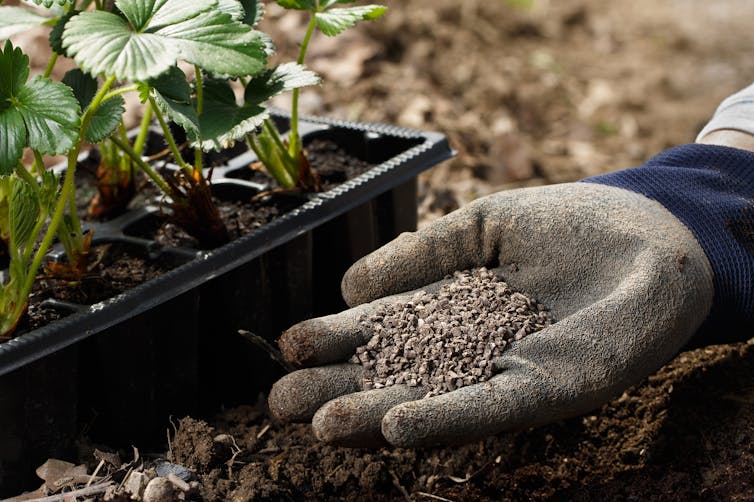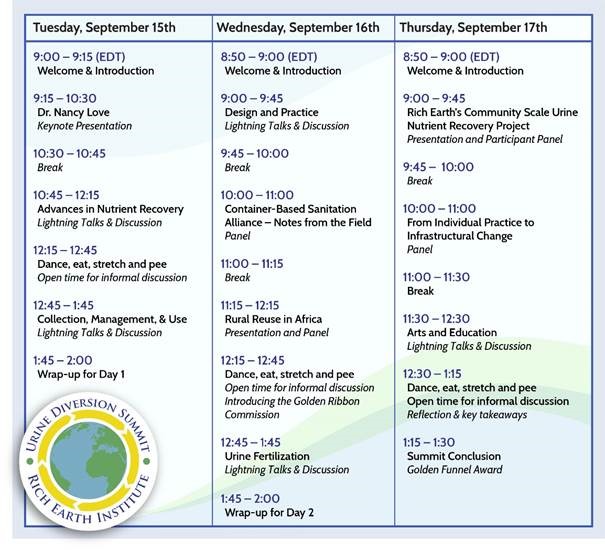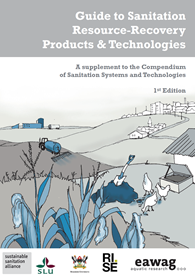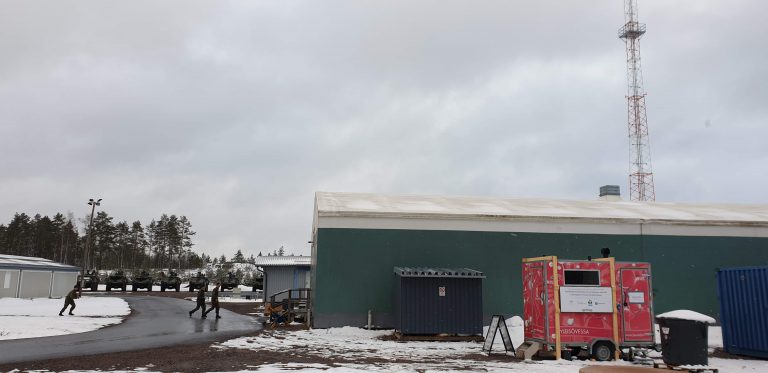On 24 October every year, UN Day is celebrated and this year marked the anniversary of UN’s 75th anniversary. This year, Swedish high schools worked with the UN’s global goals and Malmö latinskola had chosen goal 6 – clean water and sanitation – and goal 14 – life below water. Caroline Karlsson, research assistant in the environmental engineering group; Jens Olsson, researcher at the Department of Aquatic Resources; and Helena Aronsson, senior lecturer at the Department of Soil and Environment, were invited to give lectures on these themes for a class of first-year students.







